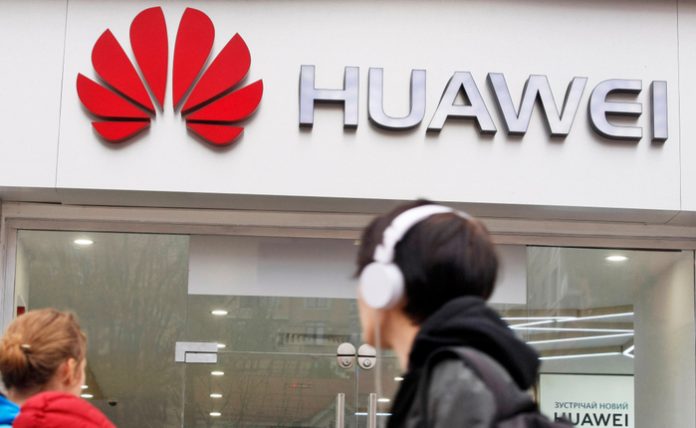Today’s technology news contains a breakout report on big changes planned by one of the most notable technology companies worldwide.
Reuters indicates Huawei is contemplating a pivot toward electric vehicles, with partners Changan Automobile and BAIC Group’s BluePark New Energy Technology.
“Huawei is not a car manufacturer,” a Huawei spokesperson recently told reporters in a caveat. “However, through ICT (information and communications technology), we aim to be a digital car-oriented and new-added components provider, enabling car OEMs (original equipment manufacturers) to build better vehicles.”
This latest news shows just how resilient Huawei is, in a global economy that rests on multinational supply chains, and gets extremely spooked by protectionist behavior, especially without a good proven rationale.
After the Trump administration suddenly acted to ban Huawei in the U.S. last year, citing vague national security concerns, U.S. chip makers did an end run around transaction bans, using fancy lawyers, and pressuring the White House to reverse course.
Analysts have argued that the types of constrictions placed on Huawei are bad for the global economy as a whole, and even for the U.S. firms, example, in the global rush to 5G:
“A ban would exclude a major source of innovation—ideas, people, and products—from the U.S. technology market,” wrote Nicholas Negroponte at Fast Company in the summer of 2019. “Last year, Huawei was the fifth-largest investor in R&D worldwide, outspending companies such as Apple, Intel, and GE. Huawei began researching 5G wireless technology 10 years ago, and so far has invested more than $2 billion in 5G research, including $800 million last year alone.”
Now with its reasonable diversification, Huawei could help to mitigate the effect of U.S. sanctions on its bottom line. According to the reports, what it looks like is that Huawei is ceding part of its diminished smartphone business, and setting out in a new direction. It’s a promising one, given the success of companies like Tesla and the change that’s impacting the auto industry as a whole. It also shows the limitations of governments trying to micromanage global trade. Look for the ripples from Huawei’s new EV strategy in markets.










